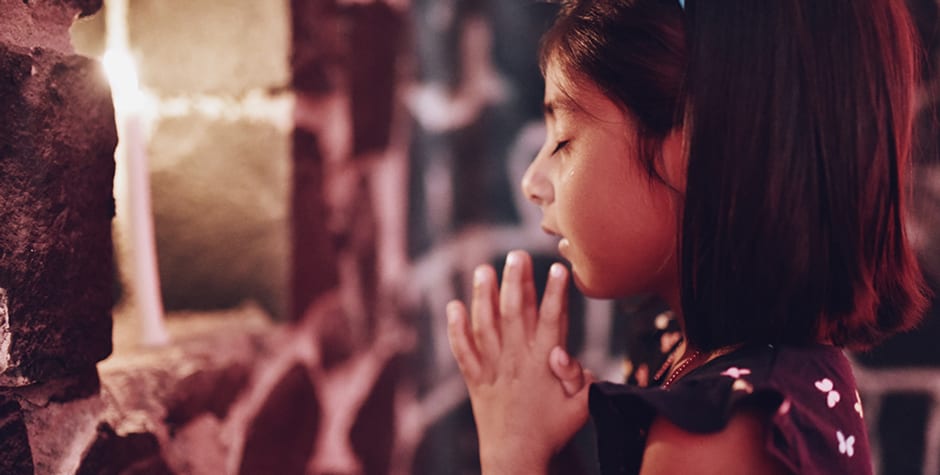ACLJ Delivers Critical Report to U.N. Human Rights Council Over Violent Persecution and Human Rights Violations Against Christians
The Hindu nationalists in India continue to perpetrate violence against Christians and low caste Hindus and tribal people who convert to Christianity.
We recently submitted a report highlighting these issues for the U.N. Human Rights Council’s 50th session, which began June 13, 2022.
Our report states that currently 11 states in India have anti-conversion laws in place. These states include, “Uttar Pradesh, Odisha, Madhya Pradesh, Arunachal Pradesh, Chhattisgarh, Gujarat, Himachal Pradesh, Jharkhand, Uttarakhand, Karnataka, and Haryana.”
Under the anti-conversion laws, “[n]o person shall convert or attempt to convert, either directly or otherwise, any person from one religious faith to another by the use of force or by allurement or by any fraudulent means nor shall any person abet any such conversion.”
We informed the Council that
definitions of terms like “allurement” and “force” are so broad that they outlaw even legitimate forms of proselytizing—a form of expression protected under international law. For example, “allurement” is defined as an “offer of any temptation in form of . . . any gift or gratification . . . [or] grant of any material benefit,” and “force” includes “threat of divine displeasure or social ex-communication.”
Our submission highlighted acts of persecution that have occurred so far in this year.
In the first 103 days of this year alone, there were 127 reported instances of persecution against Christians in several states in India. According to one report, 89 pastors or priests have been physically assaulted or threatened for leading worship services. Approximately “68 churches were attacked, 367 women and 366 children were injured.” Finally, 82 of these reported instances resulted from mob violence by Hindu nationalists.
The most recent Indian state to adopt anti-conversion laws was Karnataka where extremist groups have been challenging the use of Bibles in prisons and schools.
We informed the Council:
In April 2022, extremist groups in Karnataka filed complaints after a Bible was discovered in the prison cell of a non-Christian inmate. . . . Now, extremist groups are urging for a state-wide ban on Christian missionaries and prison chaplains . . . . While it is commonplace for other religious texts to be distributed amongst prisoners, these groups have singled out the Bible for opposition.
A similar incident occurred in the same state.
A Christian high school . . . received complaints “after someone reported that the registration form for the 11th grade includes a paragraph asking non-Christian families for their consent to allow their children to take Bible classes.” As a result, authorities of Karnataka will reportedly be conducting investigations into all Christian schools within the state.
Our report further highlighted several incidents of mob violence and arrests under anti-conversion charges. For instance, on April 14, 2022, a mob of Hindu extremists surrounded a church building in Uttar Pradesh and locked the doors of the church with patrons inside. “36 of the Christian churchgoers were subsequently arrested and jailed for the violation of the state’s anti-conversion laws by allegedly converting 90 people to Christianity in a span of 40 days.”
In Chhattisgarh, on March 17, 2022, a militant group murdered a Protestant pastor in his home. “Pastor Yallam Shankar was having dinner . . . when a crowd of militants forced entry, dragged him out and stabbed him with a sharp weapon.” Hindu nationalist have been violently attacking Christian converts from the tribal community in this state for years. In our report, we further mentioned that “[t]here has been an increase in targeted attacks on Christians throughout . . . Chhattisgarh.”
Detailing several other incidents, our submission urged the Council to “take swift action by calling on India to repeal the anti-conversion laws and ensure that all of India’s citizens can peacefully share about their faith with others.”
